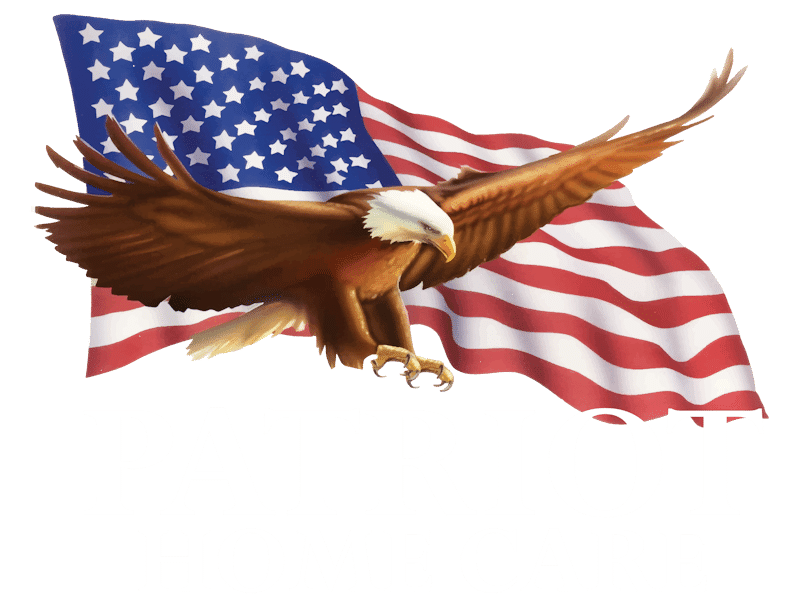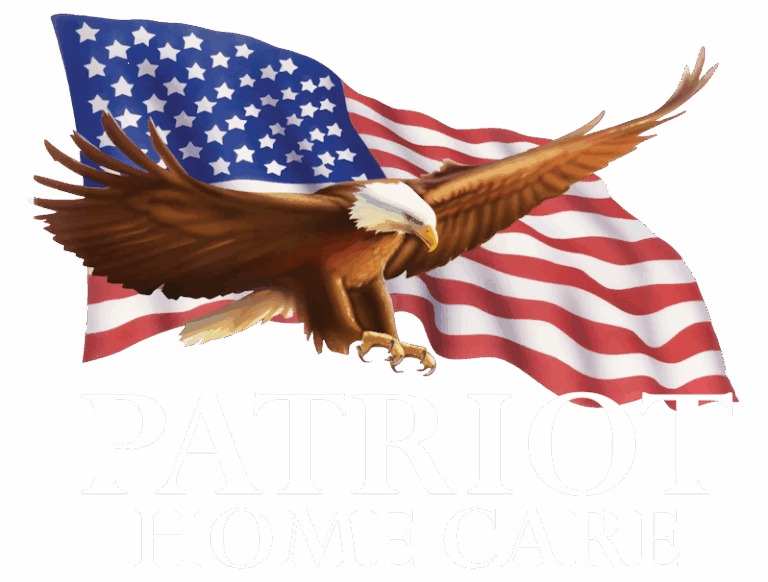Pennsylvania
You or your loved one may qualify for long-term care services in Pennsylvania based on the below non-financial and financial eligibility. Please make sure to note all of the financial assets that are not counted in determining whether or not you qualify for home care, as there are many misconceptions about what resources are and are not counted.
Non-Financial Eligibility
A person must:
- Have a medical need for long-term care services — A doctor must complete a form telling the department of the medical need. This form is then reviewed by a department-approved agent. The agent will tell the county assistance office if services are needed.
- Be a U.S. citizen or a qualified non-citizen
- Be a resident of Pennsylvania
- Have a social security number
Resource Limits (for one person)
- If your income is below or equal to 300 percent of the FBR (currently $2,130), the resource limit is $2,000 with an additional $6,000 resource disregard.
- If your income is above 300 percent of the FBR (currently $2,130), the resource limit is $2,400.
- Many individuals pay for LTC with personal funds and eventually reduce their resources to the Medicaid LTC limits.
Income
Most income is counted, including:
- Social security
- Pensions
- Interest and dividends from savings and investments
- Rental income
- Withdrawals from an IRA
- Income Limits (for one person)
- For non-money payment (NMP) categories, the limit is 300 percent of the federal benefit rate (FBR), which changes annually. For 2013, the individual income limit is $2,130.
- For medically needy only (MNO) categories, the limit is $2,550 (semi-annual net income)
- If your income exceeds 300 percent of the FBR limit, the anticipated cost of long-term care facility services for a 6-month period is an allowable medical expense deduction to reduce monthly income.
Resources
Examples of resources that are counted:
- Bank accounts
- Stocks, bonds, and mutual funds
- IRA and Keogh accounts
- Non-resident property
- Cash value of life insurance — if the face value of all policies is greater than $1,500 per person (the first $1,000 of cash value is excluded)
Examples of resources not counted:
- The home
- If the value of the home is less than or equal to $525,000 and you intend to return to the home or are residing in it
- If a spouse or dependent resides in the home
- One motor vehicle
- All burial spaces/plots including those with a marker
- Revocable and irrevocable burial reserves subject to specified limits
Transfer of Assets (Income and Resources)
Any asset that was transferred, sold, or given away within the past 60 months (look-back period) must be reviewed by the county assistance office when a person applies for Medicaid long-term care. The look-back period is determined by the date a person is admitted to an LTC facility or assessed eligible for HCBS and has applied for Medicaid long-term care.
For more information about home care qualifications please visit the Department of Human Services website here.
Also, if you are not sure if you qualify for Medicaid the American Council on Aging now offers a free, quick and easy Medicaid eligibility test for seniors that you can take here.

